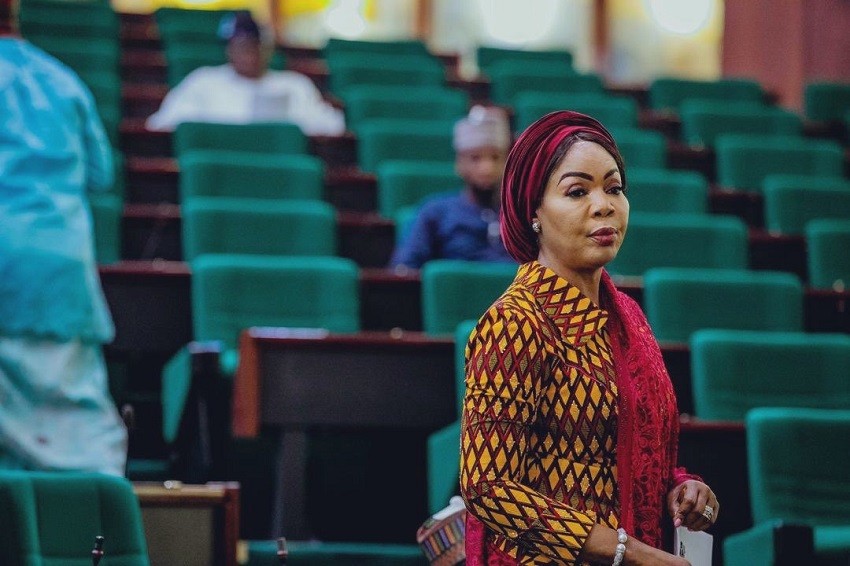Nigeria, through its Minister of State for Labor and Employment, Nkeiruka Onyejeocha, has expressed a strong desire to draw on Morocco’s experience in vocational training. This collaboration aims to enhance Nigeria’s workforce development and improve employment opportunities for its citizens.
Importance of Vocational Training
Vocational training plays a crucial role in equipping individuals with the skills needed to thrive in various industries. As Nigeria seeks to diversify its economy, investing in vocational training becomes increasingly important. By focusing on skill development, the country can address unemployment and underemployment, particularly among its youth.
Morocco has made significant strides in vocational education, providing a robust model for Nigeria to emulate. The Moroccan system emphasizes practical skills and hands-on training, which align well with the needs of today’s job market. By adopting similar approaches, Nigeria can create a more skilled workforce capable of meeting local and global demands.
Minister Onyejeocha highlighted the need for Nigeria to adapt its vocational training programs to better serve its population. She noted that collaboration with Morocco can offer valuable insights into effective training methodologies. This partnership could lead to tailored programs that address specific skill gaps in Nigeria’s economy.
Collaborative Efforts and Future Prospects
The Nigerian government is committed to fostering partnerships that can enhance vocational training. By engaging with Morocco, Nigeria aims to integrate best practices into its training programs. This collaboration could involve exchanges of expertise, resources, and training materials.
Additionally, Nigeria plans to focus on sectors with high growth potential. Industries such as technology, agriculture, and renewable energy are critical to the country’s economic future. By aligning vocational training with these sectors, Nigeria can ensure that its workforce is prepared for emerging job opportunities.
Minister Onyejeocha emphasized the significance of public-private partnerships in developing vocational training programs. Engaging private sector stakeholders can help bridge the gap between education and employment. This approach can lead to internships, apprenticeships, and job placements for trainees.
Conclusion – Nigeria Taps Morocco’s Vocational Training Expertise
In conclusion, Nigeria’s initiative to draw on Morocco’s vocational training experience represents a proactive step toward workforce development. By investing in skill acquisition and aligning training with market needs, Nigeria aims to strengthen its economy and create better job opportunities for its citizens. As this collaboration unfolds, it holds the promise of a more skilled and competitive workforce in Nigeria.




